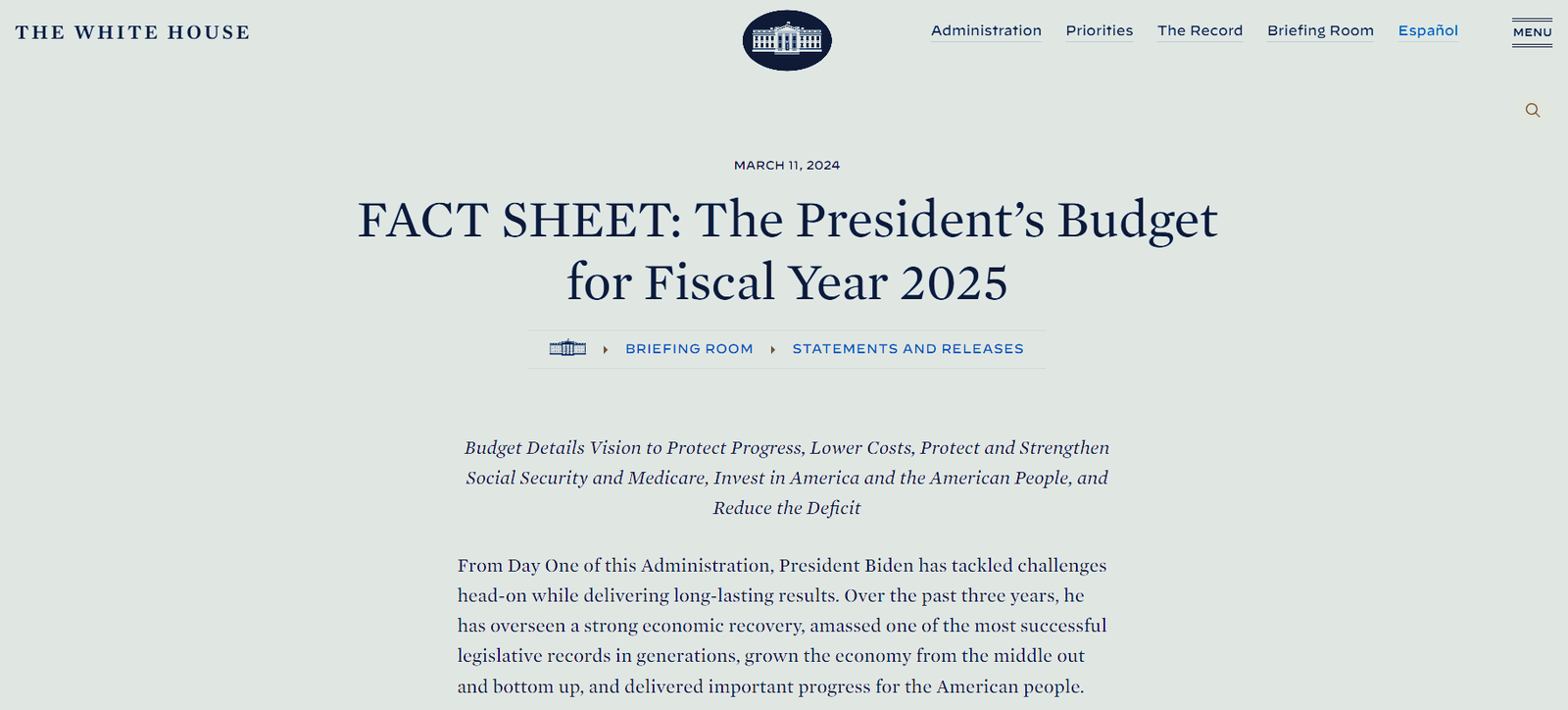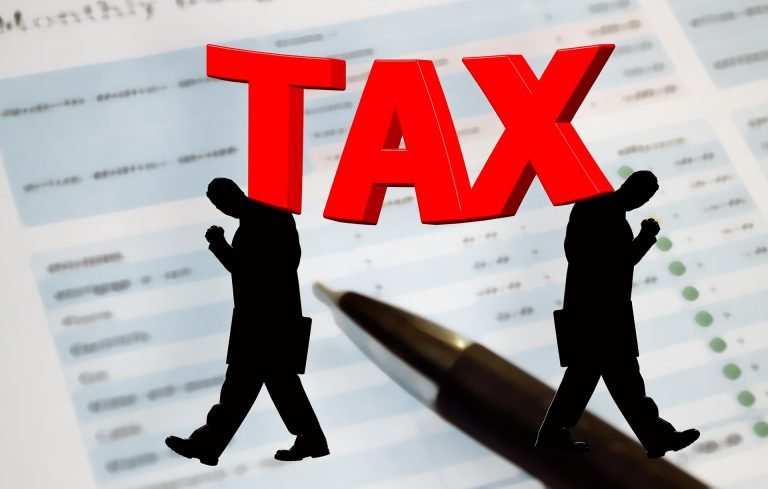Joe Biden’s 2025 Budget Proposal: A Deep Dive into the Proposed Tax Reforms

As the fiscal year 2025 approaches, President Joe Biden’s new budget proposal has sparked intense discussions and concerns among taxpayers across the United States. With significant tax increases on the horizon, it is crucial for every American to understand the implications of these changes, which could be the most substantial in recent history.
Understanding the Fiscal Year and Its Impact
Fiscal Year 2025: The fiscal year for the U.S. government starts in October, and the budgeting process involves the President submitting a proposal which Congress will deliberate on this month. This timing is critical as the new tax rules would kick in just three months before the end of President Biden’s current term, making the upcoming elections a pivotal moment for taxpayers.
The Billionaire Tax: Misnomer or Reality?
One of the most controversial aspects of Biden’s proposal is the so-called “Billionaire Tax.” However, upon closer examination, it becomes apparent that this tax would affect individuals with a net worth exceeding $100 million, not just billionaires. This classification broadens the tax’s impact significantly, moving beyond the super-rich to include a larger group of wealthy individuals. This revelation has led to a broader discussion about the transparency and intentions behind the tax reforms.
A Closer Look at Capital Gains Tax Changes
Perhaps the most significant and alarming change proposed is in the capital gains tax, which could see rates soar from 15% to as much as 44.6% for long-term investments. This change would drastically affect retirees, investors, and business owners who rely on investment income, potentially destabilizing personal financial planning and economic incentives for investment.
The Impact on Retirees
For retirees, the proposed increase in capital gains tax could be devastating. Many depend on their investment portfolios for a stable retirement, and the increase from 15% to 44.6% represents a dramatic reduction in their available income.
Consequences for Stock Traders and Business Owners
Stock traders and business owners are also in the crosshairs of this new tax plan. Increased capital gains taxes could discourage investment and innovation, particularly affecting those who are considering selling their businesses or investing in new ventures.
The Proposal for a 25% Tax on Unrecognized Gains
Another groundbreaking aspect of Biden’s proposal is the imposition of a 25% tax on unrecognized capital gains. This means that taxpayers could be taxed on increases in value of their investments before they are even realized through a sale, a move that could lead to significant liquidity issues for individuals and companies alike.
Revising Estate Taxes and Its Ramifications
Estate taxes, commonly referred to as “death taxes,” are also slated for a sharp increase under Biden’s plan. The proposed changes would eliminate the step-up in basis that heirs currently enjoy, resulting in potentially massive tax liabilities on inherited properties and other assets. This could force many to sell inherited properties just to cover tax bills.
The Elimination of Carried Interest Loophole
Biden’s plan also targets the carried interest loophole, which has long been a point of contention in tax policy debates. The elimination of this provision would align the tax treatment of hedge fund managers’ earnings with those of other types of income, potentially reducing incentives for investment in the U.S. economy.
The End of 1031 Exchanges
Real estate investors face a significant upheaval with the proposed elimination of Section 1031 exchanges, which allow for the deferral of capital gains taxes on exchanged properties. This change could severely disrupt the real estate market, discouraging long-term investment and leading to a decrease in market liquidity.
Government Spending and the Need for Fiscal Responsibility
The backdrop to these proposed tax increases is a significant rise in government spending in recent years. Many critics argue that instead of raising taxes, the government should focus on returning to pre-pandemic spending levels to avoid placing additional financial burdens on the citizens.
Your Voice Matters
As these tax changes are debated in Congress, it is crucial for citizens to engage with their representatives and voice their concerns. Public input can have a profound impact on the legislative process, and with such consequential changes on the table, now is the time to speak up.





